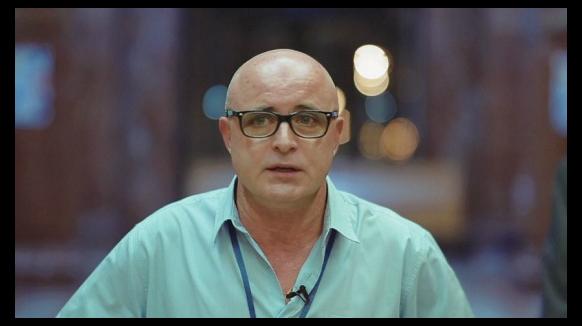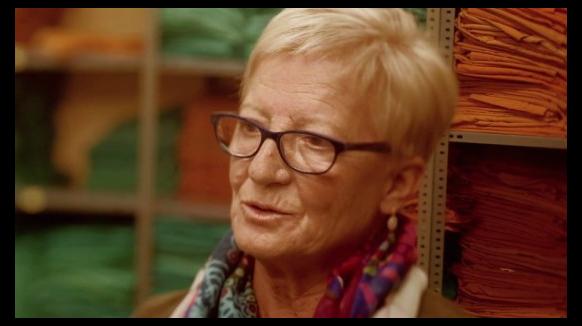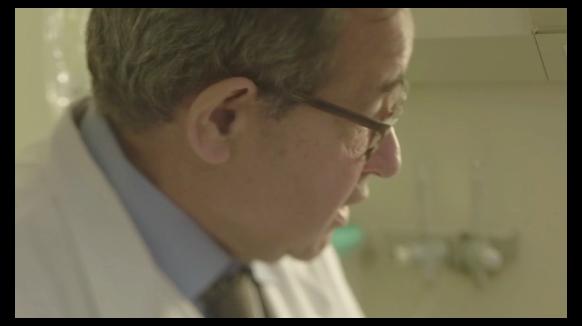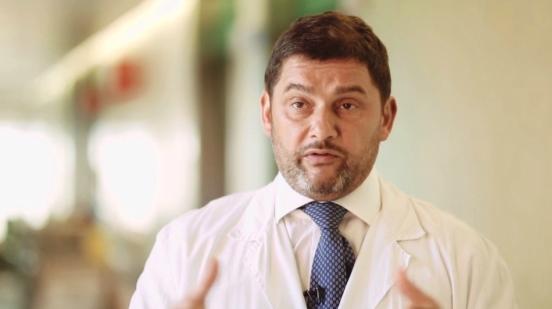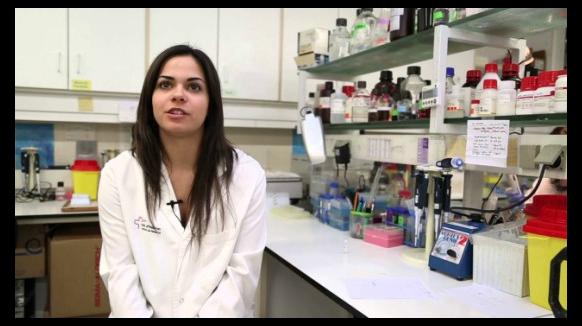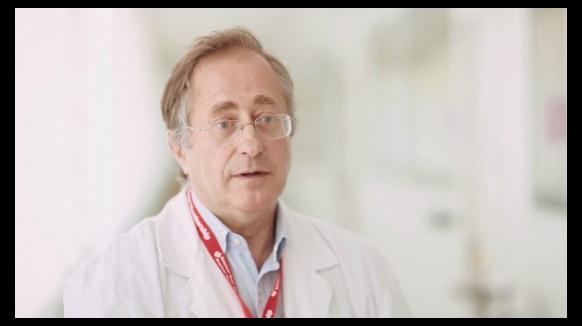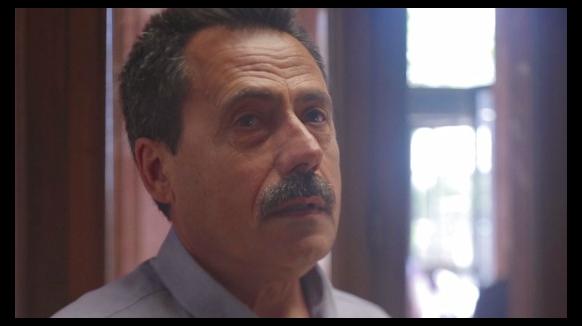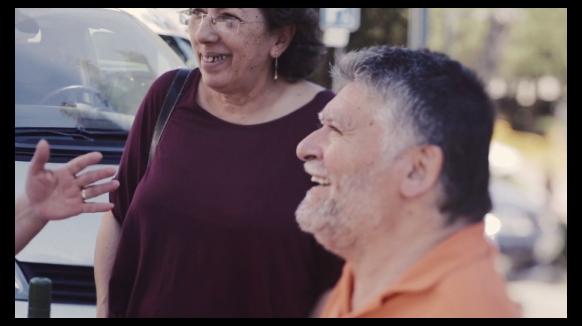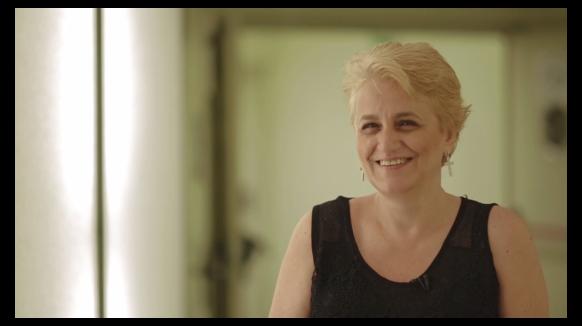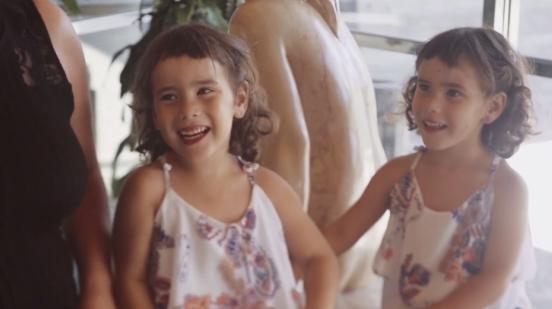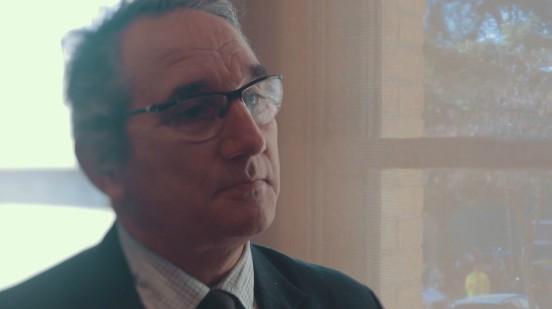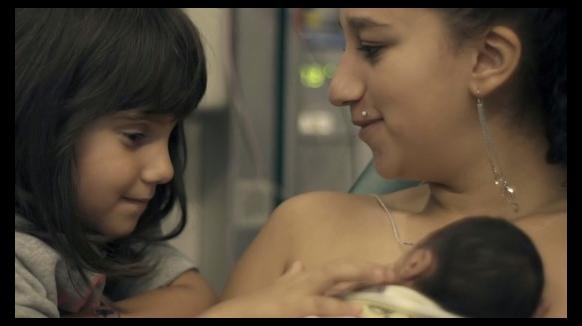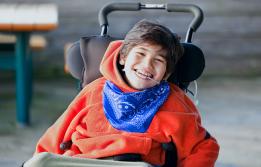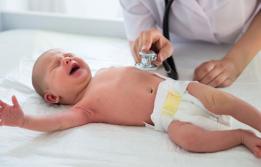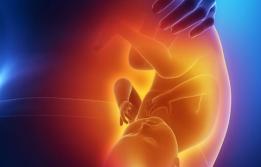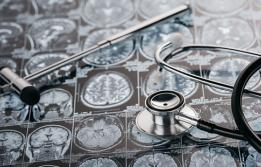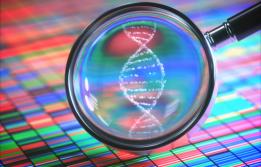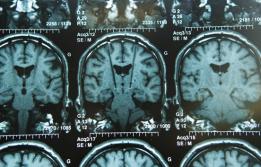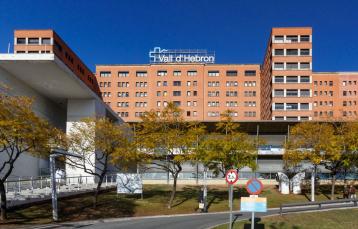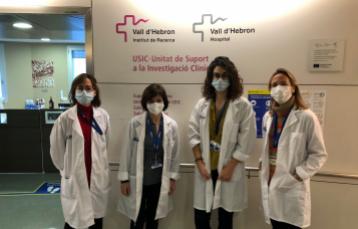Paediatric Neurology
Our goals are to improve the health and quality of life of children with neurological diseases and offer comprehensive care through collaboration across multidisciplinary teams. Thanks to the implementation of new diagnostic and therapeutic procedures, we can advance our knowledge of molecular causes of, and develop new treatment strategies for, early onset neurological diseases.
Description
Paediatric Neurology offers comprehensive care for children with neurological disorders, from common problems such as headaches or neurological follow-ups of at-risk new-borns to complex, heterogeneous and rare illnesses that are difficult to diagnose, such as neuromuscular diseases, epileptic encephalopathies and neurometabolic and neurodegenerative diseases.
The work carried out by this Section in the fields of research and teaching is especially important, and we participate in national and international networks, working groups and various patient associations. The Section is accredited as a Spanish Reference Centre (CSUR) in ataxia and paraparesis, neuromuscular diseases and metabolic diseases, and is a European Reference Network centre (ERN) for rare neurological diseases, neuromuscular diseases and metabolic diseases.
Quality care requires early diagnosis, treatments that are suitable and specific to each patient and support for the emotional and social aspects of the child and his or her close relatives. In addition to the different healthcare professionals (from neuropaediatrics, pneumology, rehabilitation, traumatology, cardiology, nutrition and gastroenterology, nephrology and urology, among others), our multidisciplinary teams include nursing staff, physiotherapists, speech therapists and psychologists, to make sure we are able to carry out this work effectively. We also rely on the indispensable collaboration of highly qualified professionals from the Paediatric and Neonatal Intensive Care Units and Accident and Emergency Department for complications that often affect those with neurological diseases. These professionals, alongside those from the Palliative Care Unit, are highly experienced in the fields of neuroradiology, clinical neurophysiology and neuropathology.
Finally, all the staff members take part in different weekly clinical sessions (general paediatric neurology, neuroradiology and epilepsy sessions), monthly sessions (neuromuscular, metabolic and genetic diseases), as well as multidisciplinary meetings and committees aimed at reaching consensus and optimising the oversight and treatment of patients.
In the area of neurometabolic diseases, we collaborate in the neonatal screening programme for the detection of 23 different diseases, which has allowed us to increase our knowledge in the natural history of these diseases, mainly in lysosomal diseases.
Research
Both basic and clinical research are essential, and they represent a significant portion of this Section's activity. The group's researchers have set up the Paediatric Neurology Research Group, which develops clinical research in hospitals and basic research, applied to the Vall d'Hebron Research Institute (VHIR). Since 2009, it has been a member of the Consolidated Research Group for the University and Research Grant Management Agency (AGAUR).
Teaching
Teaching activity in our Section includes undergraduate, postgraduate and continuing education of professionals in the different areas of our specialty. Our Section constantly hosts paediatric and neurological residents from the HUVH and other hospitals in Catalonia, the rest of Spain and the EU as well as South America.
We should also highlight our organisation of a master's programme in Paediatric Neurology at the Autonomous University of Barcelona, one of just two on-site master’s programmes in the sub-specialty in Spain. We also organise an annual refresher course in Paediatric Neurology and help coordinate the Master's Degree in Translational Biomedical Research at the VHIR.
